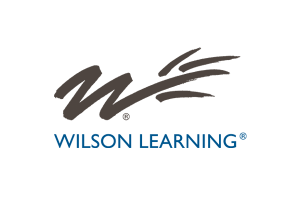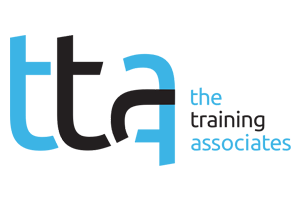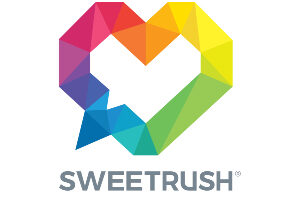Since March, there have been hundreds of articles written about building trust and guiding staff through the complexities of working productively during a pandemic. Without fail, these articles emphasize listening, empathy and collaboration as necessary leadership qualities for creating the “new workplace.” Women excel at listening, empathy and collaboration. These characteristics are baked into our DNA and are just a few of the many skills we bring to work each day.
The timing is right for everyone to recognize women’s contributions to workplace well-being. But recognition rarely happens by accident. For female leaders to elevate and be recognized for their innate skills, they must first think about the interactions where they’ve used listening, empathy and collaboration successfully and then create a clear plan to advance each skill. With a plan, they’ll have greater confidence in their abilities and will not fall prey to the feeling that they need to know more before jumping into new territory.
The plan they develop is the first step in professional development training for their DNA. With that goal in mind, here are a few tips to share with female leaders (or yourself):
Listening
Women are hard-wired to seek balance and harmony in our personal lives and at work by actively building relationships and listening well. Frequently, we are the “go-to” people when colleagues and staff need advice and guidance. Formalize your listening skills by offering to become a mentor if your organization has a structured mentorship program. As a mentor, you are on senior executives’ radar, expanding your sphere of influence beyond your department.
Another way to use your listening skills is to volunteer for a group or task force to solve a complex problem. Invite and discuss a diverse range of thoughts and opinions. By actively creating a microenvironment of trust where creative thinking can flourish, you can create a living example of your capabilities and earn recognition from senior leaders.
Empathy
You can strengthen your empathy skills by asking open-ended questions that begin with, “How would you,” “How can we…” and, “What do you think?” These prompts elicit deeper thought and move conversations past an emotional response to critical problem-solving. Use this technique in staff, mentoring and task force meetings to establish yourself as the person who acknowledges the feelings of others and can move through a difficult or emotionally charged topic toward a solution.
Collaboration
When you collaborate with others, take a moment to consider who is not in the room and whether you should add other voices to the conversation. Everyone is busy, and most are working remotely under high levels of stress. Clearly establish the purpose of the collaboration and how it benefits the company, clients or collaborators. When you articulate a larger purpose, it becomes easier for others to see its value.
As with building any skill, view your development plan as an organic work in progress to modify as needed. When you are in a meeting or an opportunity arises to step outside of your job description, think strategically about how you can become a more valuable employee and colleague using your innate skills. Be prepared to connect your actions to the client or company benefit. In these unpredictable times, every company is looking to build both internal and external loyalty.
Trust, creativity and productivity are qualities that will define the successful new workplace, and a trusting environment happens when listening, empathy and collaboration are present. With a predisposition for communication and relationship-building, women can be role models for shaping the future of work.









